Australian newspaper boss arrested in Myanmar (AFP)
Australian newspaper boss arrested in Myanmar AFP/File – A Buddhist monk reads a newspaper at a roadside newspaper stall in Yangon, 2008. The Australian head …
– 1 hr 31 mins ago
NAYPYIDAW (AFP) – The Australian head of Myanmar's only newspaper with foreign investment has been arrested in Yangon, officials and a business partner said Saturday, amid a power struggle at his group.
Ross Dunkley, co-founder of the Myanmar Times in a nation heavily criticised for its attacks on press freedoms, is being held in Myanmar's notorious Insein prison, according to his business partner in Cambodia.
Dunkley, who divides his time between Myanmar and Cambodia, where he is a key shareholder in Phnom Penh Post publisher Post Media, was detained in Yangon on Thursday after returning from a business trip in Tokyo.
The arrest "has nothing to do with his company" a Myanmar source said.
But Post Media chairman David Armstrong, who said Dunkley was detained in Yangon on immigration charges, said "a key point about the arrest is timing".
"It coincides with tense and protracted discussions Mr Dunkley and the foreign ownership partners in the Myanmar Times have been conducting with local partners," he said.
Negotiations have centred on "the future direction" of the media group, "ownership issues and senior leadership roles -- all this at a time of significant political and economic change in Myanmar".
Dunkley's arrest comes after mounting rumours of a major power struggle at Myanmar Consolidated Media (MCM), the group that owns the Myanmar Times.
Exile news website the Irrawaddy said in January that Dunkley, who controls 49 percent of MCM, was trying to rebut an attempted editorial takeover by Myanmar partner Tin Tun Oo, who owns 51 percent.
Its report said an item in the state-owned Mirror newspaper referring to Tin Tun Oo as editor-in-chief of MCM had "sent shockwaves around the newsroom at the Myanmar Times" earlier that month.
The Irrawaddy said its sources suggested Tin Tun Oo "may well be successful as the military junta can interfere in the issue at any time".
Dunkley originally co-founded the Myanmar Times in 2000 with local partner Sonny Swe, the son of an influential member of the junta's military intelligence service.
But Sonny Swe was jailed in 2005 and his stake was handed to Tin Tun Oo, who the article said was close to the military regime's information minister.
MCM, which has offices in the capital Naypyidaw and Mandalay, as well as in Yangon, produces the Myanmar Times weekly in English and the country's official language, Burmese.
Armstrong said Dunkley is due to appear in court on February 24.
"His lawyers in Yangon say Mr Dunkley is confident he can answer any charges or allegations made against him and is looking forward to returning to lead the Myanmar Times group in the exciting times ahead -- for the publishers and the country," he said.
Tin Tun Oo was a candidate for the military-backed Union Solidarity and Development Party (USDP) during controversial November polls, but was not elected to the country's new parliament, which opened at the end of January.
Some have suggested political changes have created a glimmer of hope for a country ruled by the military for almost half a century, but critics see merely cosmetic alterations aimed at hiding the generals' power behind a civilian facade.
Reporters Without Borders, which ranked Myanmar 174th out of 178 countries in its 2010 press freedom index, reported in September that the regime increased censorship in the run-up to the first election in 20 years.
The media rights group said in December that the country was a "censors' paradise", where journalists and bloggers are subject to arrest and intimidation and those sending information to foreign news organisations face hefty prison sentences.
After the election, authorities suspended nine weekly news journals that gave prominent coverage to the release of democracy icon Aung San Suu Kyi.





















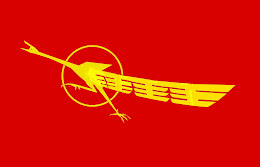





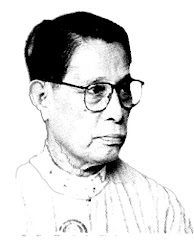


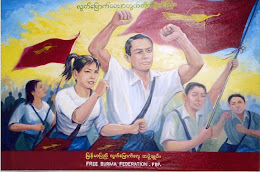





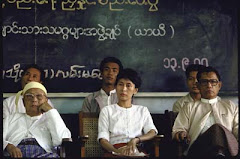

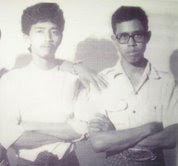

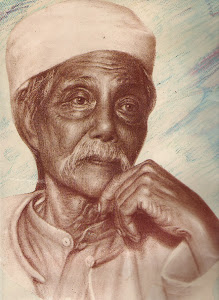
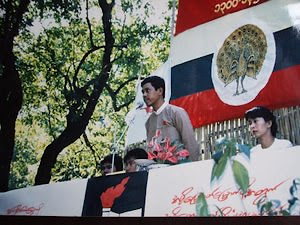
No comments :
Post a Comment